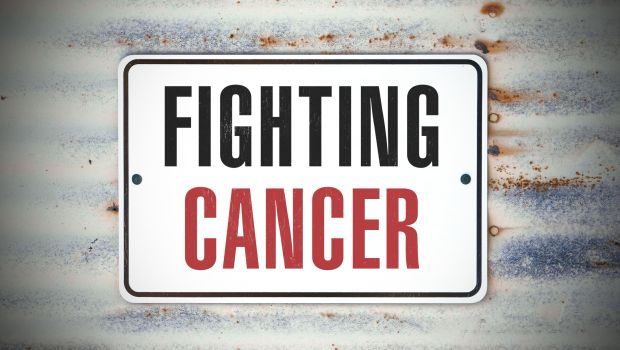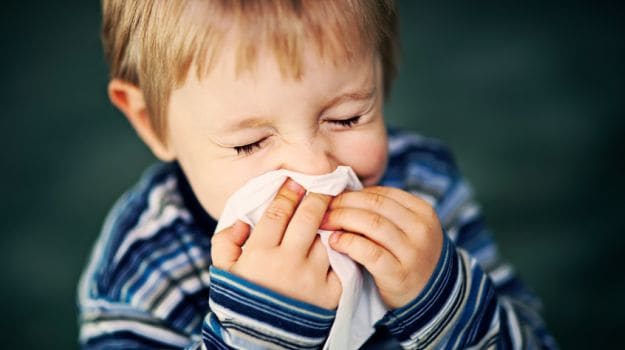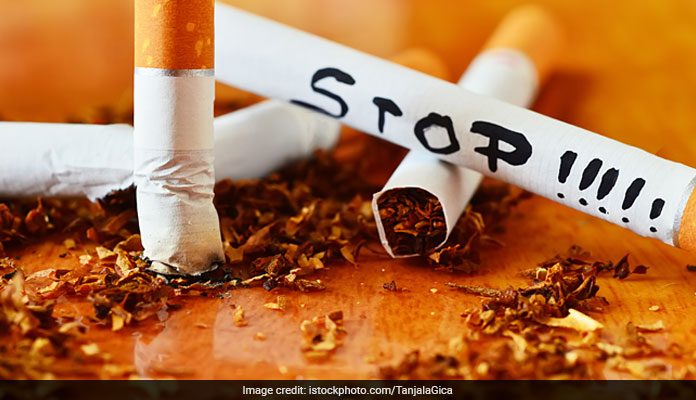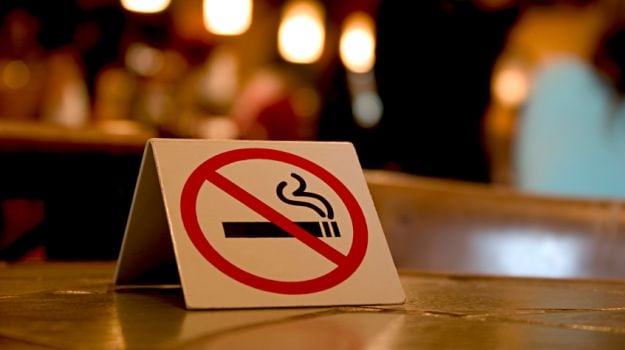We read it everywhere, we hear it from our peers or on the media all the time how smoking kills. However what manages to escape our attention is the non-smoker who might have to bear the brunt, just because he happens to be in the vicinity of a smoker. Passive smoking or second hand smoking is dangerous too, having serious implications on one's health. So if you have been patting your back for not being addicted to cigarettes yet inhaling a cloud of smoke in work spaces, pubs, restaurants, etc. then you are not really doing any good for your lungs.
Passive smoking can harm your body because the smoke released in the air contains more than 4,000 chemicals, many of which are irritants and toxins. Smoke can stay in the air for up to 2.5 hours, even with a window open.
Here's what you need to know about passive smoking -
1. Can Put You at Risk of Cancer
According to the World Health Organization (WHO) tobacco use nearly kills six million people worldwide each year. A severe consequence of smoking is cancer, which can be of different types. While we commonly associate smoking with lung cancer, another type that is seen is laryngeal cancer. It is the cancer arising in the larynx, or the "voice box", the area of the throat which includes the vocal cords. It is a type of head and neck cancer and is frequently diagnosed in smokers, as well as passive smokers. It is also considered to be one of the 10 leading causes of cancer in Indian men.

2. Increases Cardiovascular Risks
Due to constant inhaling of tobacco smoke, it can lead to heart issues by clogging arteries. Various studies have brought to light that passive smoking puts an individual at risk of cardiovascular diseases, leading to heart attack, angina (chest pain) and heart failure. It also increases your risk of stroke.

3. Puts Children at Health Risk
Latest research also adds to the growing evidence that passive smoking can have a lasting effect on your child's health as well. According to a study, published in the Journal Circulation, children who are subjected to second-hand smoking at home are at a higher risk of developing heart disease in adulthood.
"For parents who are trying to quit smoking, they may be able to reduce some of the potential long-term risk for their children by actively reducing their children's exposure to secondhand smoke," said study lead author Costan Magnussen from Menzies Institute for Medical Research, University of Tasmania in Australia.

4. Passive Smoking Can Make You Fat
According to a study published in the American Journal of Physiology: Endocrinology and Metabolism, secondhand cigarette smoke not only increases the risk of cardiovascular and metabolic problems, but can also make you fat! This is true especially in the case of people who live or share space with chain smokers.
Co-author Professor Paul Reynolds says, "The lungs provide a vast interface with our environment and this research shows that a response to involuntary smoking includes altering systemic sensitivity to insulin. Once someone becomes insulin resistant, their body needs more insulin. And any time you have insulin go up, you have fat being made in the body."

Moreover, passive smoking in the car and other enclosed spaces are far worse as you subject yourself to harmful toxins. Start taking care of your health and say no to passive smoking on this World No Tobacco Day.








